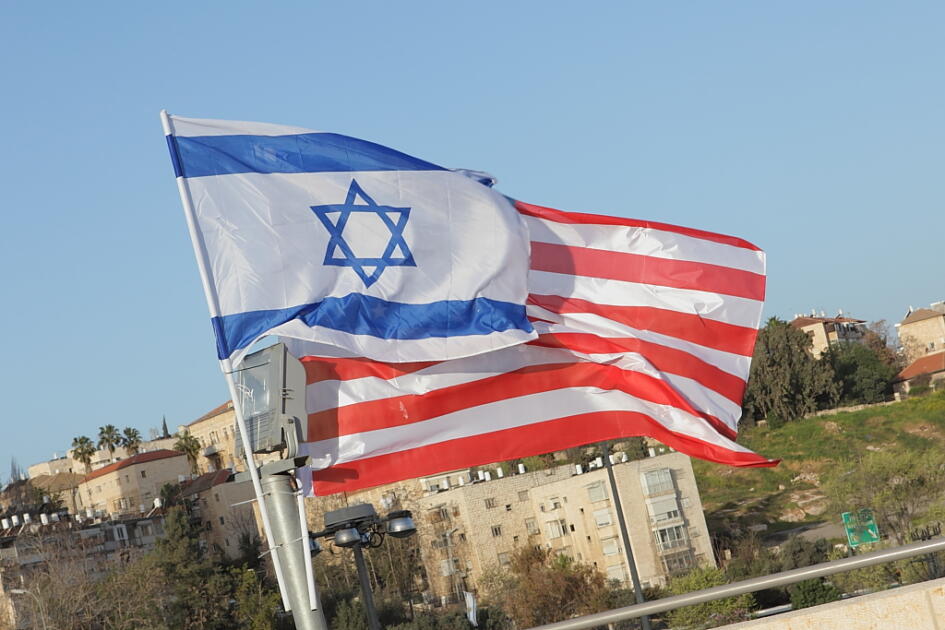The U.S. House of Representatives recently voted down the Stop Terror-Financing and Tax Penalties on American Hostages Act (HR 9495), a bill that would have granted the Department of the Treasury the power to revoke the tax-exempt status of nonprofits it deems to be supporting terrorism. Although the bill failed to gain the two-thirds majority required for passage, the proposed legislation raised significant concerns about its potential to target pro-Palestinian organizations, anti-war groups, and those advocating for human rights.
Initially introduced in response to widespread campus protests against Israel’s war on Gaza, the bill sought to label certain organizations as “pro-terrorist.” The legislation became even more alarming in light of Donald Trump’s return to the White House, prompting fears that it could be weaponized to suppress political dissent, particularly targeting groups critical of U.S. foreign policy. Civil rights advocates, including the American Civil Liberties Union (ACLU), warned that the bill would empower the incoming administration with sweeping powers to silence opposition under the false guise of combating terrorism.
Politicized Enforcement and Dangerous Precedents
At the heart of the bill’s controversy lies its broad grant of authority to the Treasury Secretary to unilaterally revoke nonprofit status based on vague accusations of supporting terrorism. Critics argue that this provision removes crucial checks and balances from the process, making it vulnerable to political abuse. “The entire process is run at the sole discretion of the Secretary of [the] Treasury,” said Kia Hamadanchy, senior policy counsel at the ACLU. “You could have your nonprofit status revoked before you ever have a chance to have a hearing.”
Moreover, the bill would allow organizations to be labeled as supporting terrorism without being given access to the evidence used to make that determination. This raises serious concerns about due process. Groups accused of terrorism would face significant financial penalties, including losing their tax-exempt status, which could be devastating to their operations. As Hamadanchy noted, the stigma of being designated a “terrorist-supporting organization” could deter donors and even lead to legal battles, draining resources and threatening the viability of nonprofits.
A Political Weapon for Repression
Although the bill claims to target only those who provide material support to recognized terrorist organizations, critics argue that it would likely be misused to silence political opposition. Groups advocating for Palestinian rights, in particular, are at risk of being falsely labeled as supporters of Hamas or other militant groups, even if they do not engage in illegal activities. This could lead to further marginalization of voices critical of U.S. policies, particularly those that align with international calls for justice in Gaza.
In fact, the bill’s language defines “material support or resources” in such broad terms that it could be applied to any organization opposing U.S. foreign policy or supporting causes deemed politically inconvenient. As Lara Friedman, president of the Foundation for Middle East Peace, pointed out, “It’s already illegal for nonprofits to support terror… but what this bill does is strip that system of due process and enable willy-nilly terrorist designations.”
Read More: UK Surgeon Exposes Israel’s Deliberate Targeting of Children in Gaza with Drones
The potential for political abuse is underscored by the bill’s timing. With Trump’s return to the presidency, civil liberties advocates fear that his administration could use such a tool to target progressive organizations, including those focused on environmental justice, reproductive rights, and immigrant advocacy. As Eva Borgwardt of the IfNotNow Movement stated, “It is unconscionable that any Democrat would sign over these sweeping powers to a Trump administration hellbent on destroying not only groups working for peace, equality and justice, but also any semblance of democratic dissent in this country.”
U.S. Complicity in Gaza Genocide
While the bill has been framed as an anti-terrorism measure, its implications go far beyond domestic politics. The ongoing Israeli assault on Gaza, which has been widely recognized as an act of genocide, highlights the U.S. government’s complicity in such atrocities. Washington’s continued military aid to Israel, despite the use of prohibited weapons and mass civilian casualties, can be construed as “complicity in genocide,” as defined by the Genocide Convention. The International Court of Justice (ICJ) has already established that states contributing to or failing to prevent genocide can be held accountable.
By continuing to support Israel’s violent actions in Gaza, the U.S. government is aiding in the physical destruction of the Palestinian population, exacerbating the humanitarian crisis. Groups advocating for Palestinian rights and calling for an end to U.S. complicity in the genocide could be targeted by this new bill. The message is clear: political dissent, particularly in support of Palestinian freedom, is increasingly seen as a threat by those in power, and laws like HR 9495 are designed to crush this opposition under the guise of national security.
A Dangerous Precedent for Political Dissent
Despite its failure to pass in the House, the Stop Terror-Financing and Tax Penalties on American Hostages Act remains a significant threat to civil liberties in the U.S. The bill’s broad powers to revoke nonprofit status and its potential to silence political dissent make it a dangerous tool in the hands of any administration, but especially one with little regard for due process or human rights. The stakes are high, as the bill could set a dangerous precedent for future crackdowns on activism, particularly in the context of U.S. foreign policy and its ongoing support for Israeli violence against Palestinians.














